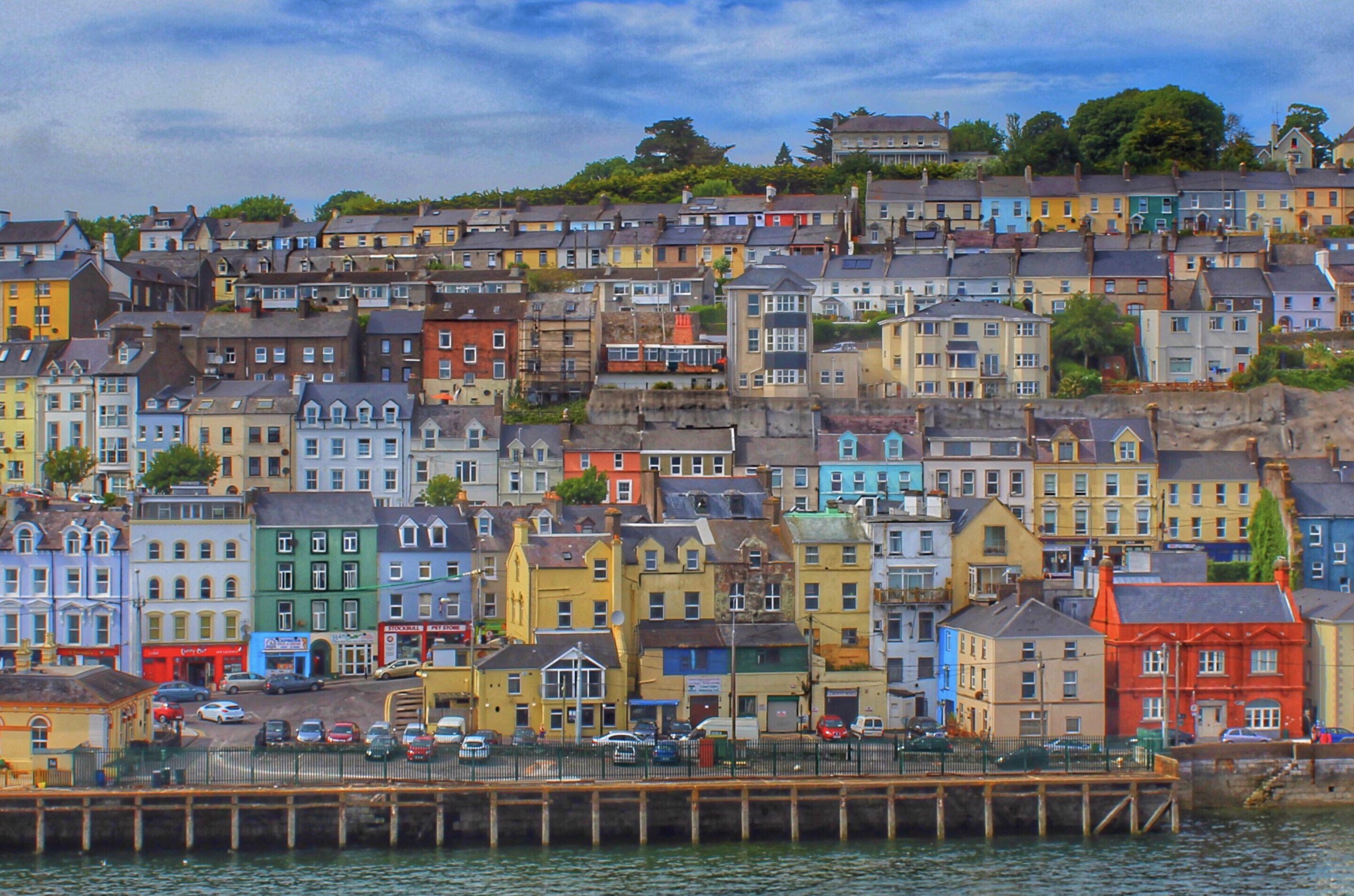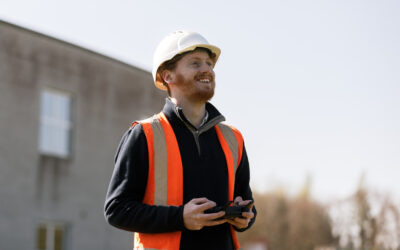Philip Crampton is the newly-elected President of the European Construction Industry Federation and will take up his role in May 2022. Following the publication of the CIF’s new Guide to Supporting Green Construction, he considers the benefits of a smarter, greener industry in Ireland and across Europe
The future of construction is SMART, GREEN, GROWTH. The European construction industry is at a crossroads and its future direction will be dictated by these three interrelated policy arenas.
Smart means that the industry must accelerate its digitalisation to increase productivity and innovation, and capture some of the trillions of value arising from construction demand in the future. We either disrupt or we will be disrupted. This digitalisation must diffuse throughout the entire supply chain so we are competitive on a global scale.
Being smart, will help us to be green. Our consumers and partners in the European Commission and national governments are turning to us to deliver the greening of European society whilst ourselves being sustainable. Being smart and green, leads to the third element of our future – growth.
Construction will always play a major role in national and European economic growth and the progress of society as a whole. This responsibility is even greater now that most EU economies have been significantly depleted by Covid-19 in the short-term. The reality is that our industry is best placed to deliver the smart, green, growth that will propel Europe forward on the global stage.
Of course, achieving this will be challenging. We will need help, support and collaboration with our most important stakeholders and clients – the European Commission and its member states including Ireland. Procurement at national and EU level is the key to bringing about a more competitive and digitalised construction industry.
It is the key lever any government can pull to bring about a level playing field. The economic after-effects of the pandemic will likely be felt for some time to come. The post-Covid world is an excellent opportunity to show the next generation just how critical our great industry is to the social, economic and cultural fabric of their world.
Construction industries have continued working through the pandemic, just behind the front line and supporting it in some cases. Our industry underpins the entire competitiveness of the European project. Every euro of activity we deliver resonates in new jobs, output, indirect employment and improved competitiveness. This is doubly true in a post-Covid world.
The changing world of work that Covid has unleashed can only be facilitated by us. Even technologically-driven industries depend on us to deliver their infrastructure. The CIF recently published its Guide to Supporting Green Construction, designed to reflect the Irish Government’s policy on climate change.
By 2023, all procurement using public funds will need to include green criteria. Similar moves are being made by investors and clients in the private sector with, for example, the European Investment Bank committing up to 50 per cent of its future investments to green related projects.
The Irish construction sector has an enabling role to play in supporting the Government’s objective to transition Ireland to a sustainable and carbon-neutral economy and society. The continued emergence of green procurement and sustainability in Ireland is expected to have an increasing impact on the construction sector, particularly around contractors’ ability to remain competitive as a business and to continue to tender for both public and private work.
The changes being driven by green public procurement, net zero targets and new regulations around the circular economy are already incorporated into major clients’ sustainability strategies. The EPA has also recently published its green procurement criteria for consultation with the industry. The construction sector as a whole can display leadership on environmental issues such as climate change, energy and water use, waste management and protection of our natural resources by preparing and enabling green procurement policies.
Helping to reduce Ireland’s dependence on fossil fuels and improving our management of energy, water and natural resources have clear long-term benefits – economic, social and political. This should in turn provide more resources for the Government to re-invest in the National Development Plan.
The new man at the FIEC – Philip Crampton
Philip Crampton is a fourth-generation owner of family construction business G&T Crampton Ltd, which is over 140 years old. Construction, he says, is in his family’s DNA. “Very early in my career, I became involved in working on the construction industry – not just in it,” he adds.
The construction stalwart became active in the Construction Industry Federation in the mid-1990s, chairing multiple CIF policy committees and eventually becoming President in 2013. Since then, he’s sat on the CIF’s A+O executive committee and is currently chair of the PT&CM committee.
“I’m proud to have played a role in having the CIF become a modern, dynamic representative body,” he says. “We’ve been lauded for our approach to handling Covid-19. And just recently, we’ve been notified that our status as a key government partner in our national social dialogue will be formalised after a decade of hard work to rebuild our reputation with the political system after the financial crisis.”
In 2015 Crampton was nominated by the CIF to represent Ireland on the FIEC Steering Committee. His term as President of the FIEC (European Construction Industry Federation) begins in May 2022.








